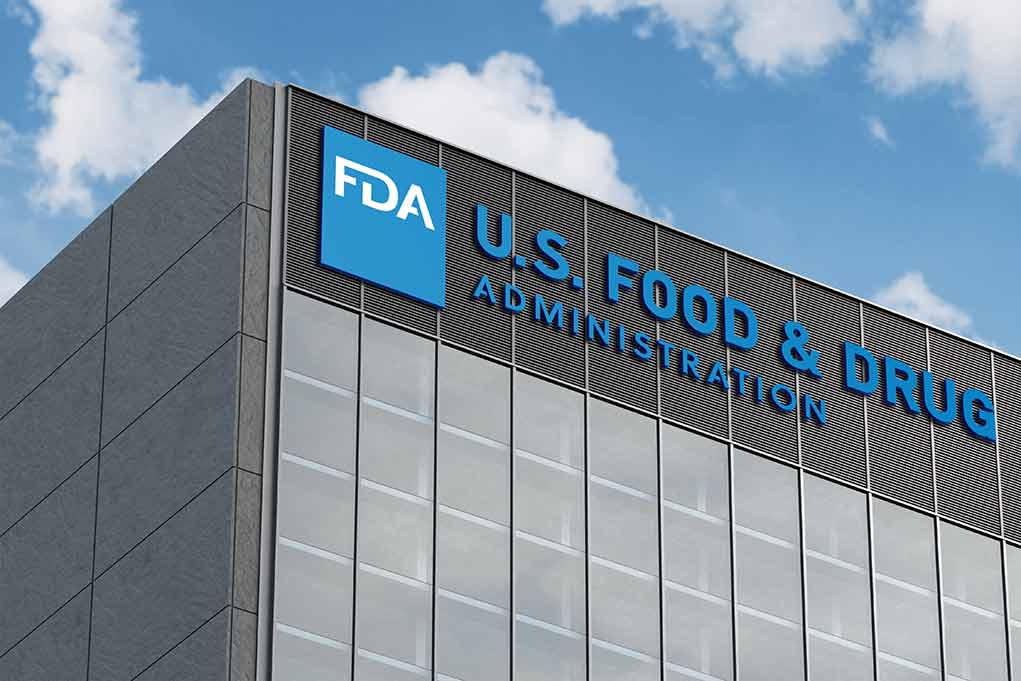
FDA designates a Class I recall for Big Y’s made-to-order sandwiches after discovering potential salmonella contamination from Bedner Growers Inc. cucumbers, putting thousands of customers at risk of severe illness or even death.
Key Takeaways
- Big Y has voluntarily recalled approximately 6,447 made-to-order sandwiches sold on May 20-21, 2024, in select Connecticut and Massachusetts locations due to potentially contaminated cucumbers.
- The FDA has classified this as a Class I recall, indicating a serious health risk that could lead to hospitalization or death from salmonella infection.
- Symptoms of salmonella infection include fever, diarrhea, nausea, vomiting, and abdominal pain, typically appearing 12-72 hours after consumption.
- No illnesses have been reported yet, but customers are advised to dispose of affected products or return them for a full refund.
- Big Y has ceased operations in affected areas, discarded potentially contaminated products, and thoroughly sanitized all service lines.
Widespread Sandwich Recall Across New England Stores
Big Y World Class Markets has initiated a significant voluntary recall of made-to-order sandwiches that could potentially contain dangerous bacteria. The recall affects approximately 6,447 units of made-to-order paninis, subs, and wraps sold on May 20 and 21 at select locations throughout Massachusetts and Connecticut. The specific items under recall include any made-to-order small sub, large sub, 30″ super sub, wrap, or panini purchased during this two-day window. The contamination has been traced to cucumbers distributed by Smartcuts, which are linked to Bedner Growers Inc., currently under investigation for a cucumber-related salmonella outbreak.
FDA Issues Highest Risk Classification
In a concerning development for customers, the Food and Drug Administration has classified this as a Class I recall—their most serious designation. This classification indicates that exposure to the contaminated products presents a reasonable probability of serious adverse health consequences or death. The FDA has published a complete list of affected Big Y locations on their website. While the Pittsfield and North Adams stores in Massachusetts have been impacted, the Great Barrington location was spared from the contamination. Big Y has taken immediate action by ceasing operations in affected store areas, discarding potentially dangerous products, and conducting thorough sanitization of all service lines.
Health Risks and Safety Precautions
Salmonella infection poses a significant health threat, particularly to vulnerable populations such as young children, elderly individuals, and those with compromised immune systems. The CDC warns that symptoms typically develop within 12 to 72 hours after infection and include fever, diarrhea (which may be bloody), nausea, vomiting, and abdominal pain. These symptoms generally persist for four to seven days, though severe cases may require hospitalization as the infection can spread from the intestines to the bloodstream and other body sites. The CDC estimates that salmonella causes approximately 450 deaths annually in the United States.
Consumer Response Recommendations
Although no illnesses have been reported in connection with this recall so far, health officials emphasize that consumers should take this situation seriously. Anyone who purchased the affected products should either dispose of them immediately or return them to their place of purchase for a full refund. Customers experiencing symptoms consistent with salmonella infection should consult a healthcare provider promptly, especially if symptoms persist for more than a few days or are accompanied by high fever, bloody stools, or signs of dehydration. The FDA continues to monitor the situation as part of its broader investigation into the Bedner Growers cucumber contamination.
Growing Concerns About Food Safety Standards
This latest recall adds to mounting public concern about the effectiveness of our food safety inspection systems. While Big Y has responded appropriately with their voluntary recall, the incident raises questions about how contaminated produce continues to enter our food supply despite existing safeguards. The cucumber contamination appears to have originated at the grower level rather than at the retail preparation stage, highlighting vulnerabilities in our agricultural supply chain. As regulatory agencies investigate the source of the outbreak, consumers are left to wonder whether enough is being done to protect public health from preventable foodborne illness threats.




